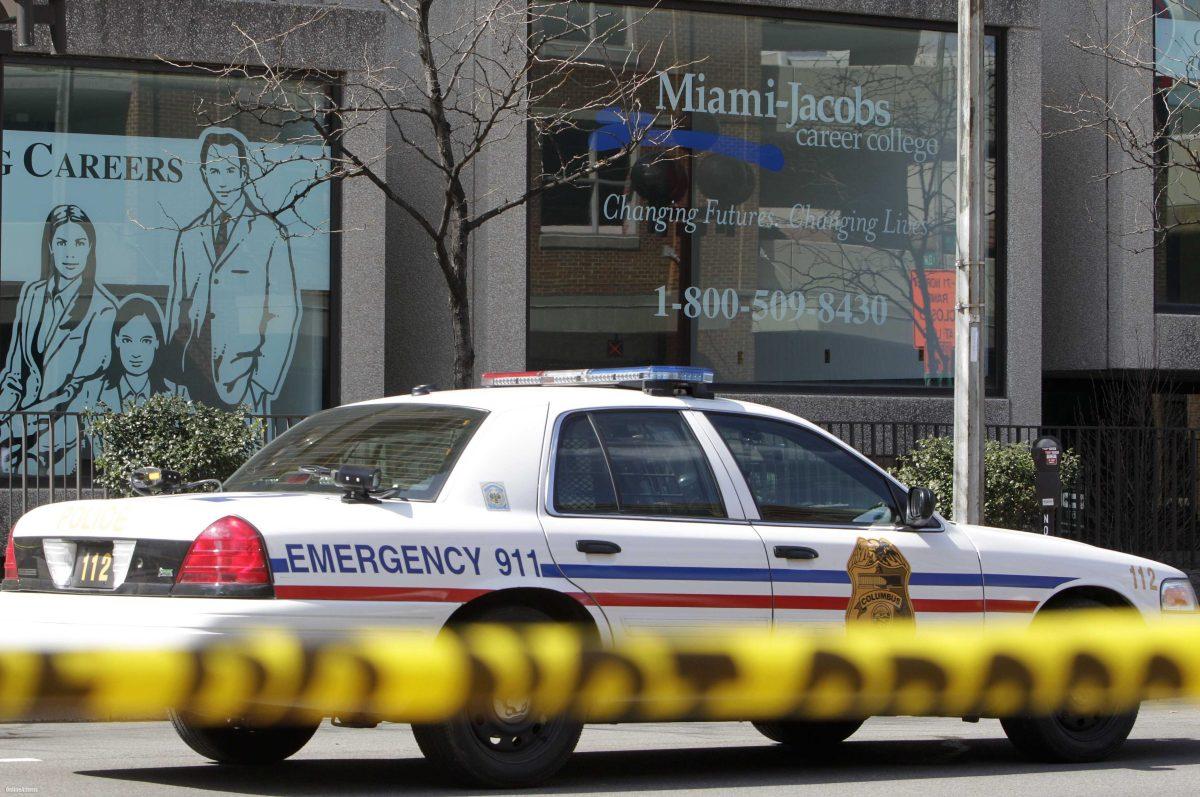On game day, most students are too busy preparing to cheer on the Tigers to watch out for the law.
But when I set to find out how the LSU student body feels about cops, I was left with many questions after finding out that many cops allegedly hand out tickets for minors in possession of alcohol without stopping to find out if the minor is in fact in possession of alcohol — or if they just happened to be in the wrong place at the wrong time.
Surely these reports weren’t true. I was raised to believe that the police force maintains law and order. These cops must have some moral compass.
According to Alex Rome, a civil engineering sophomore who was issued an MIP even though he claims he wasn’t in possession of an alcoholic beverages, “The cops write a generic report which doesn’t describe what they saw or how they came to the conclusion that you have alcohol.”
And what happens when you question the validity of the charge?
“They say, ‘Oh don’t worry, just talk to the judge and I’m sure he’ll do something about it,’” Rome said.
This advice doesn’t hold up when you take a look at the possible outcome of an MIP — a $100 fine, up to six months in jail and a possible driver’s license suspension. Each of these is a heavy burden on a college student, especially one who may have simply been in the wrong place at the wrong time.
Rome said he is currently in the process of fighting his MIP.
It seems like at some point the police stopped policing, and started bullying.
When I see a police officer, a cop car, or hear a siren, I feel panicked or scared — even when I know I have nothing to be guilty about.
Before hearing about nursing sophomore Adam Vincent’s horrific experience, I felt like it was odd for me to not feel safe or protected when I saw a vehicle with blue and white lights. But after our conversation, my fear seems justified.
In July, Vincent was arrested for residential property damage from mud riding and graffiti. Knowing that he had taken part in nothing of the sort, he recalls feeling a range of emotions from helplessness to anger as he was booked with a crime there was no evidence he committed.
“I was interrogated and assumed guilty with falsified evidence. This shows that innocent until proven guilty is bullshit. This arrest for a felony crime I didn’t commit slandered my name. It appeared on a local website Busted in Acadiana as well as in multiple newspapers — all before I had my day in court to prove my innocence,” he said in an email.
Vincent said all charges were eventually dropped.
Police have allegedly treated other students without respect as well, calling one student’s hometown an “armpit,” according to the student, which seems like a basic mistreatment of a fellow human.
The police force, from these examples and my own experience, seems to act as if it is above the law.
After speaking to these LSU students, I have realized that it isn’t a fear that I am unknowingly breaking a law that makes me want to walk faster in the opposite direction when I see a cop car. It’s a fear that the police won’t follow their rules, and that I will join those who are abused, manipulated and mistreated by police.
I understand the practicality of a good cop/bad cop routine in getting a confession out of a criminal, but these students weren’t deserving of the harsh treatment police gave them, no matter whether they committed a crime or not.
It’s no wonder I’m terrified that I will be pulled over for breaking the speed limit. With the attitude of the police that I have heard from others, I might as well be pulled over for grand larceny or murder.
Sure, policy says that we are innocent until proven guilty, but are we being treated that way?
The jury is out on that one.
Jana King is a 19-year-old women’s and gender studies sophomore from Ponchatoula, La.
Opinion: Police should not be above the law, they are the law
By Jana King
October 16, 2013
Police





